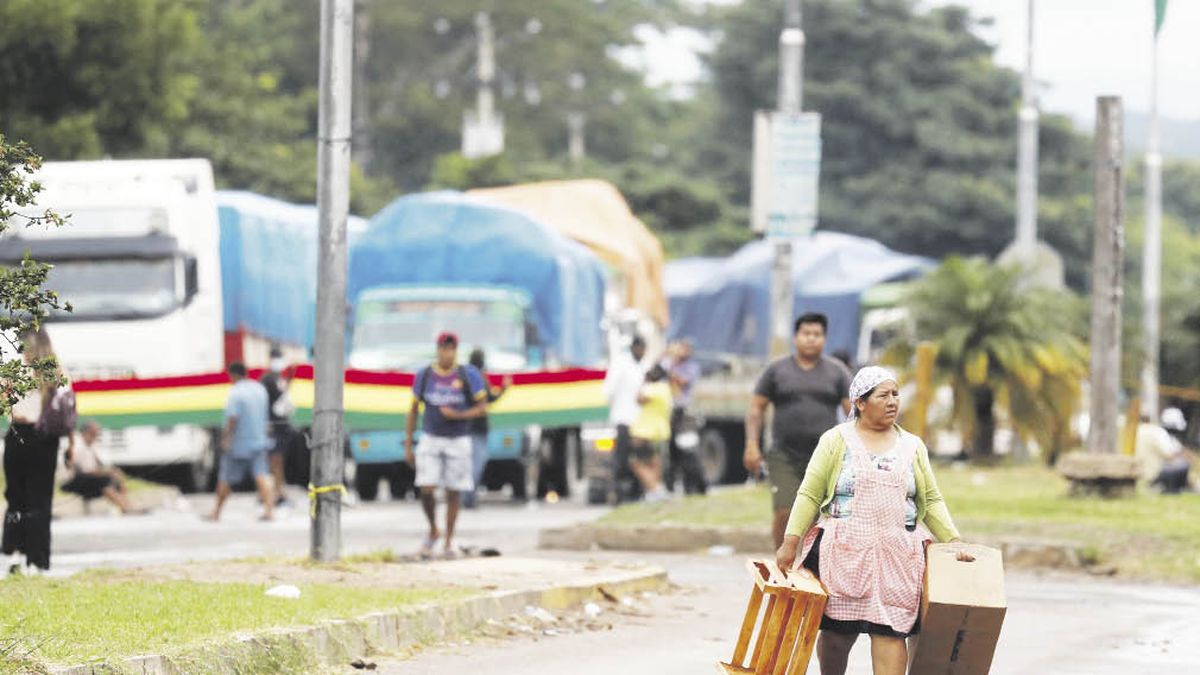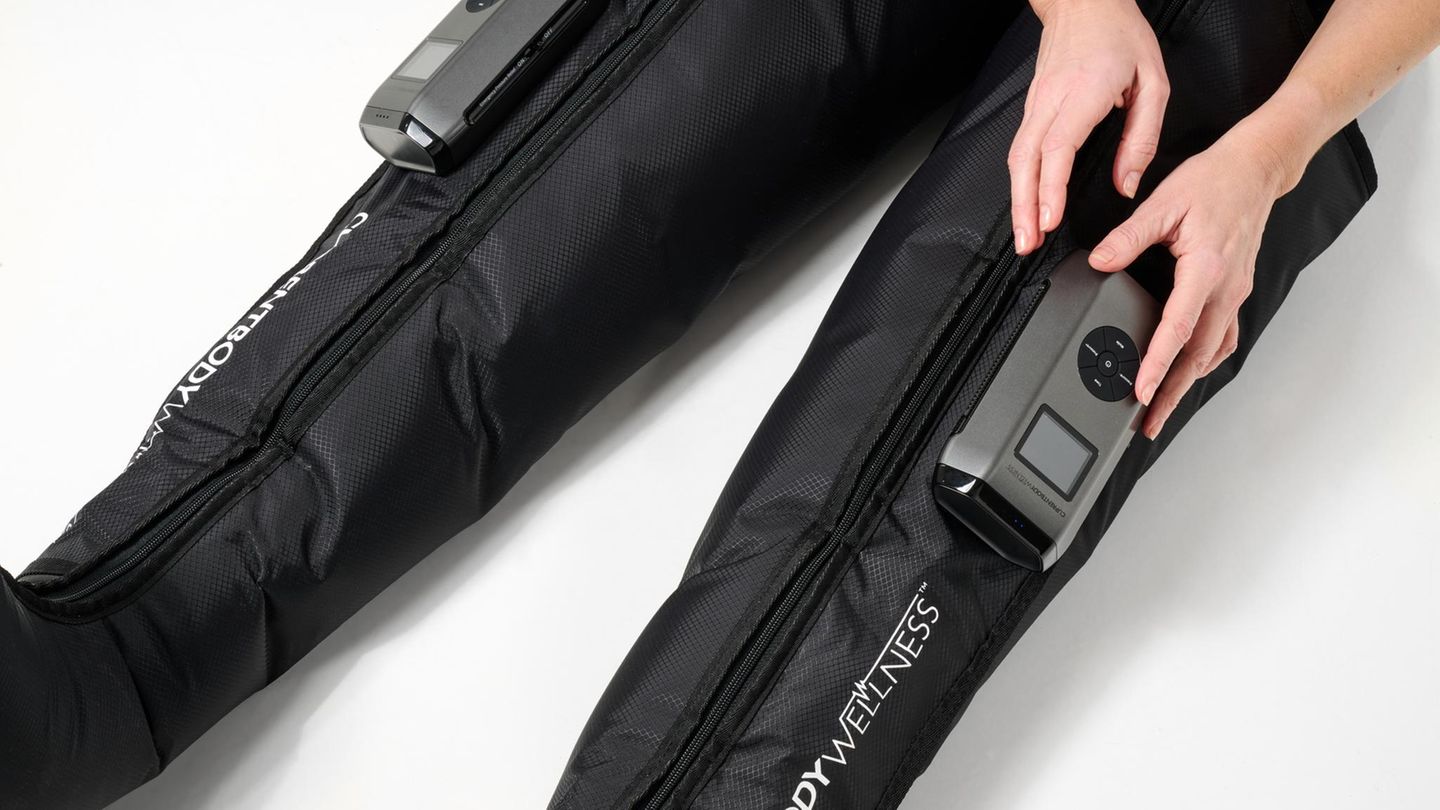Hundreds of women marched to the police headquarters in the departmental capital in support of Camacho, demanding his release. On the nearby roads were burned vehicles, smoldering bonfires, and roadblocks from nighttime crashes.
The protests, triggered by the arrest of Camacho on December 28 for an alleged coup in 2019, have deepened the division between Santa Cruz, in the tropical plain, and La Paz, the seat of the central government in the Andean and more indigenous zone. , confronted for years by politics and state funds.
The governor was captured by special police forces, taken out of his region by helicopter and who is now in a maximum security prison in the highland city of El Alto. He denies all charges related to the removal of former socialist president Evo Morales three years ago.
Santa Cruz leaders vow to fight until Camacho is released and call for a federal system that gives the area more autonomy and more state resources. “We have the mandate from our assembly that nothing leave Santa Cruz and that is what we are going to do,” said Rómulo Calvo, head of the powerful Comité Pro Santa Cruz civic group.
Marcelo Cruz, president of the Santa Cruz International Heavy Transport Association, reported that the blockade of routes was intensifying. “No grain, animal or input from the factories should leave Santa Cruz for the rest of the country. The blocking points are being reinforced, ”he explained.
Morales and his allies – including current President Arce – say his ouster was a coup and have prosecuted opposition figures they blame for it. Jeanine Áñez, who became interim president after her removal, was jailed in 2022 with a 10-year sentence. Human rights groups say the government is using a weak judicial system to persecute the opposition. “We are no longer a rule of law, we are an outlaw state,” said Erwin Bazán, of the conservative Creemos party, adding that Camacho’s case is politically motivated.
Others blame the governor, a 43-year-old lawyer and right-wing civic leader, for the 2019 tensions, which left dozens dead in protests, including Morales supporters.
“Let him go to jail for 30 years. We want justice,” said María Laura, a supporter of the ruling Movement for Socialism (MAS) party. Morales continues to be the leader of the group, although at times he has clashed with the new president Arce.
Paul Coca, a lawyer and analyst in La Paz, partly linked the arrest to internal divisions in the MAS, with Arce trying to neutralize Morales’ criticism. “(He could) face his party boss or directly go with everything against Luis Fernando Camacho. And he obviously chose to go with everything against Luis Fernando Camacho, ”he considered.
The blockade could reduce food supplies to other parts of the country, exports and growth, while Bolivia faces a large fiscal deficit and low reserves. “Santa Cruz is Bolivia’s economic stronghold,” said Gary Rodríguez, General Manager of the Bolivian Institute of Foreign Trade (IBCE).
The region is the main producer of soybeans, sugar cane, wheat, rice, corn and cattle. “All this great private productive effort is in danger,” Rodríguez added.
Source: Ambito
David William is a talented author who has made a name for himself in the world of writing. He is a professional author who writes on a wide range of topics, from general interest to opinion news. David is currently working as a writer at 24 hours worlds where he brings his unique perspective and in-depth research to his articles, making them both informative and engaging.




